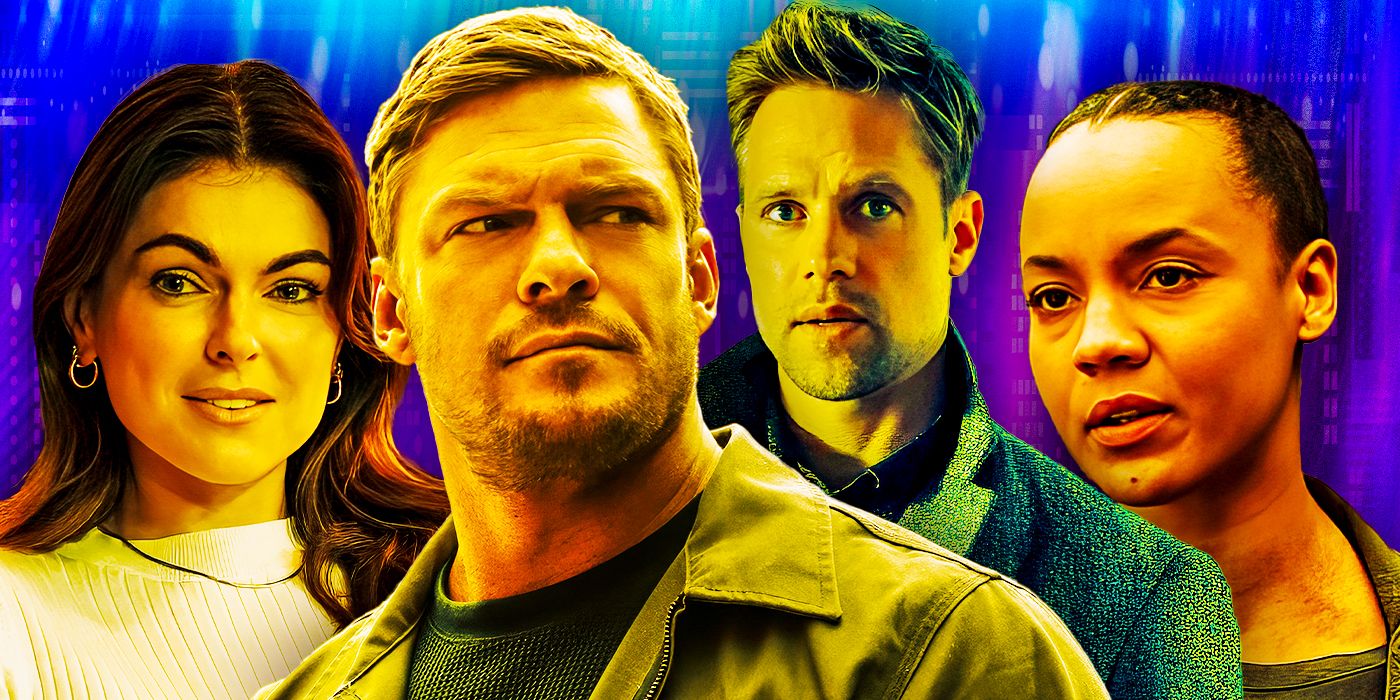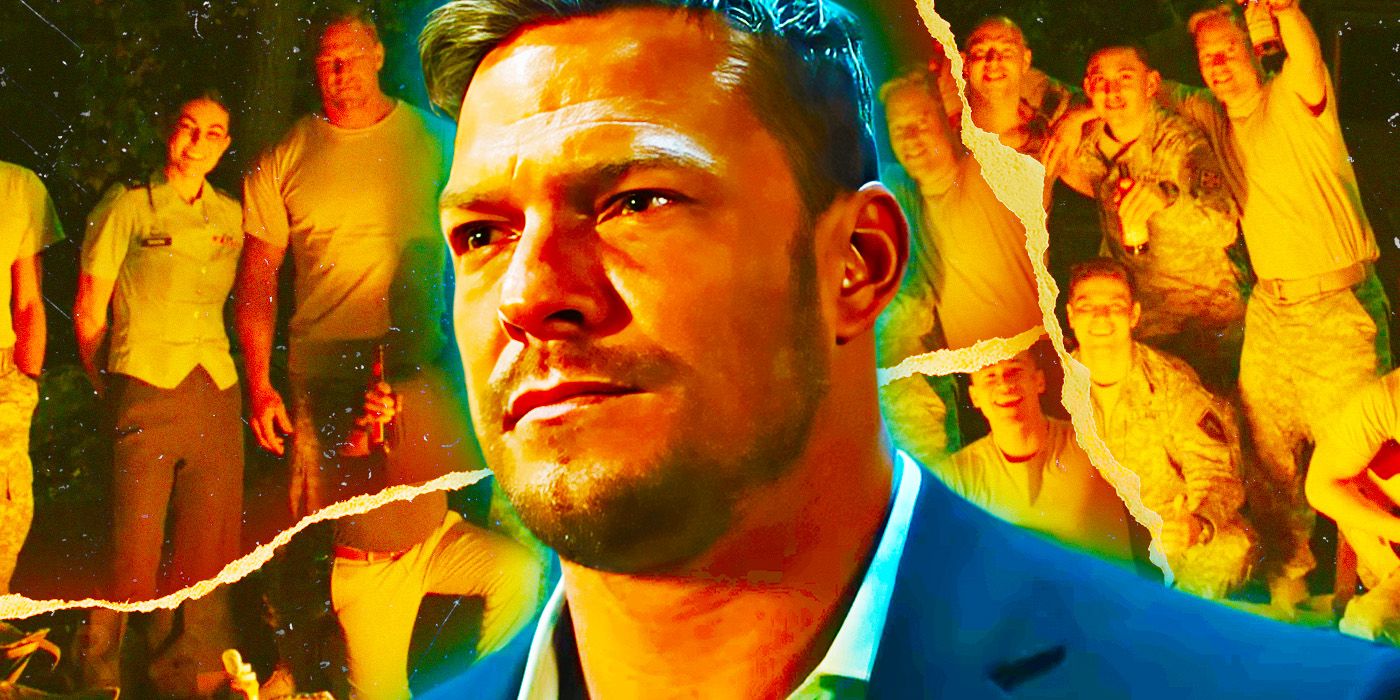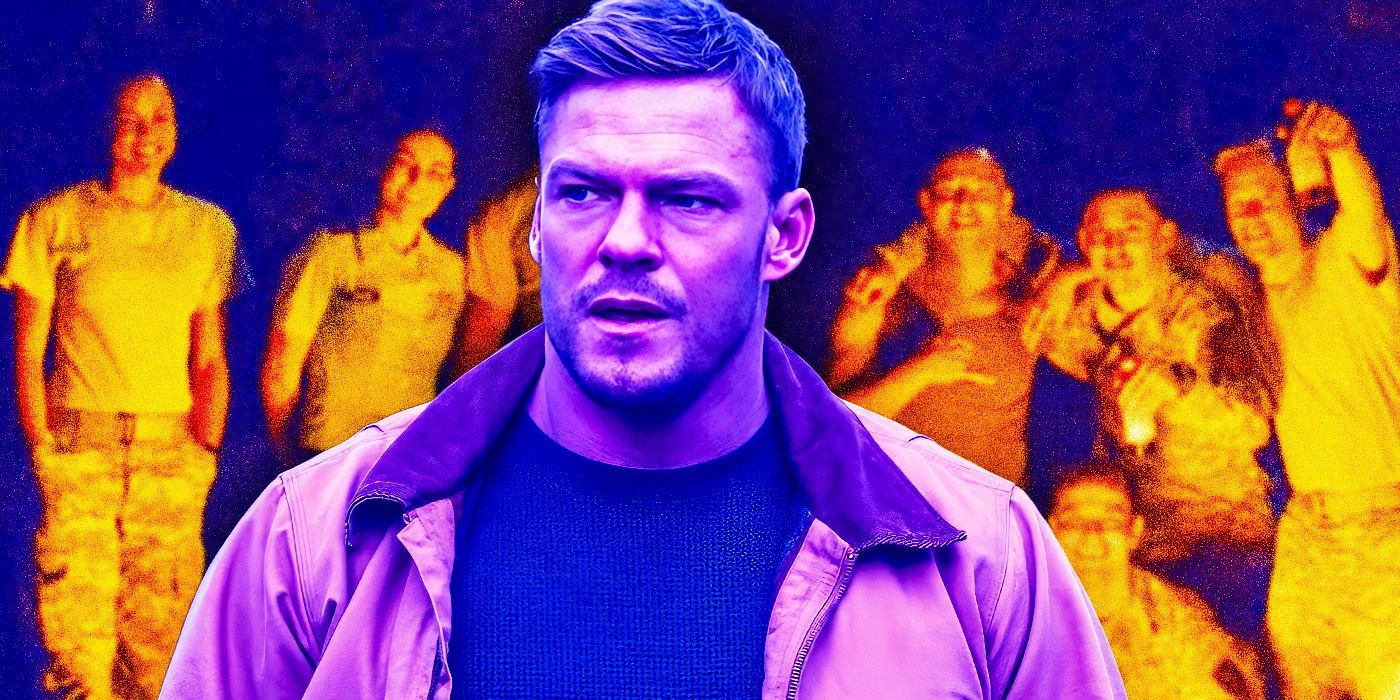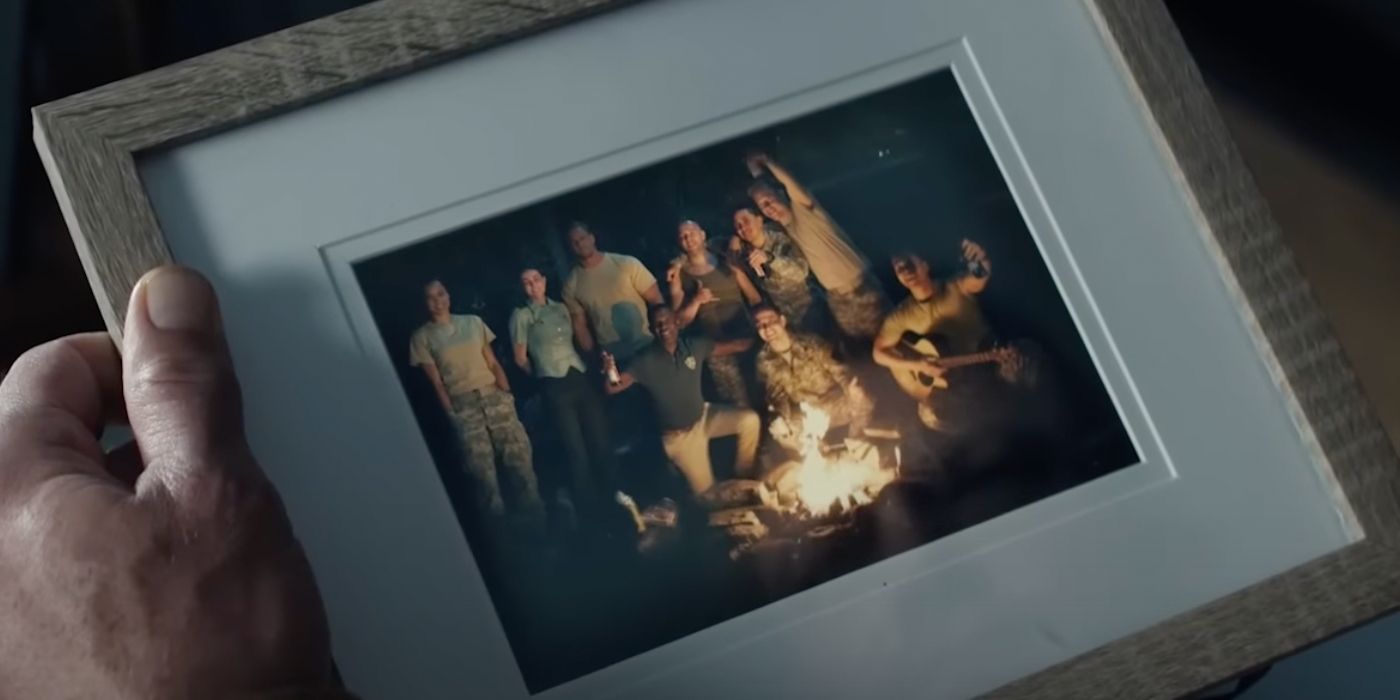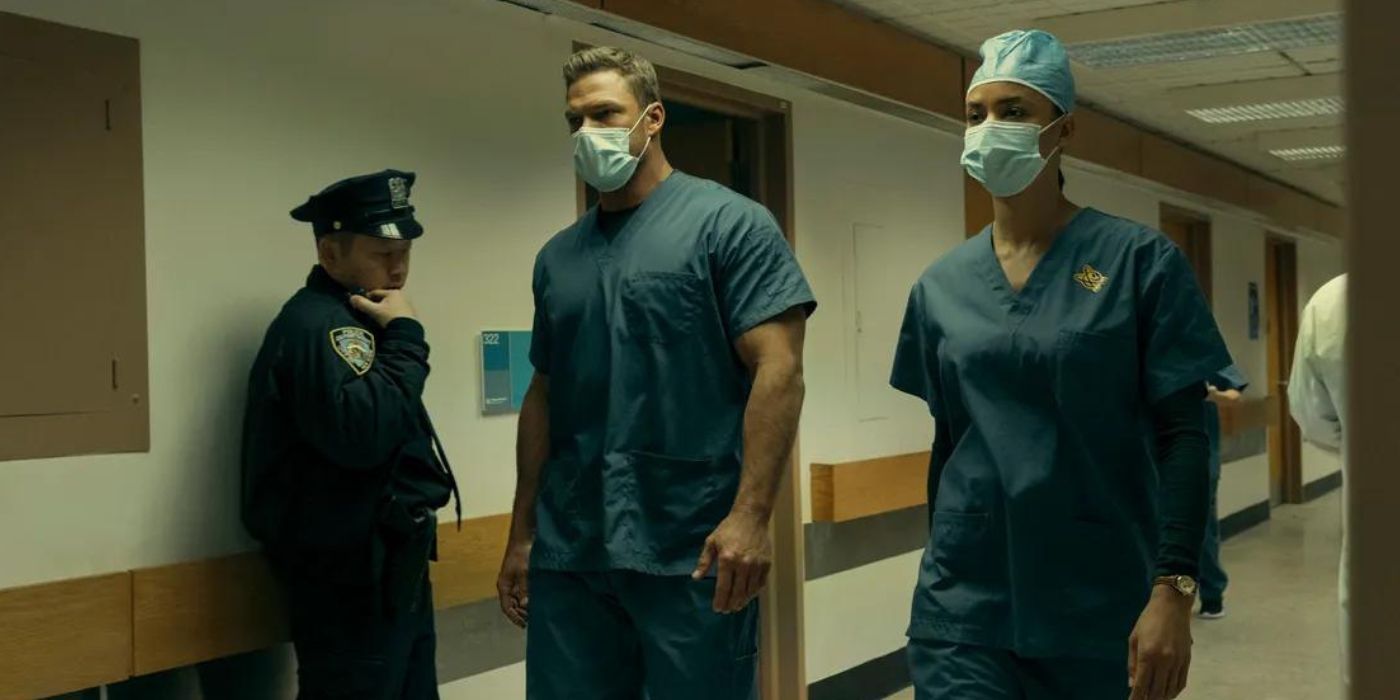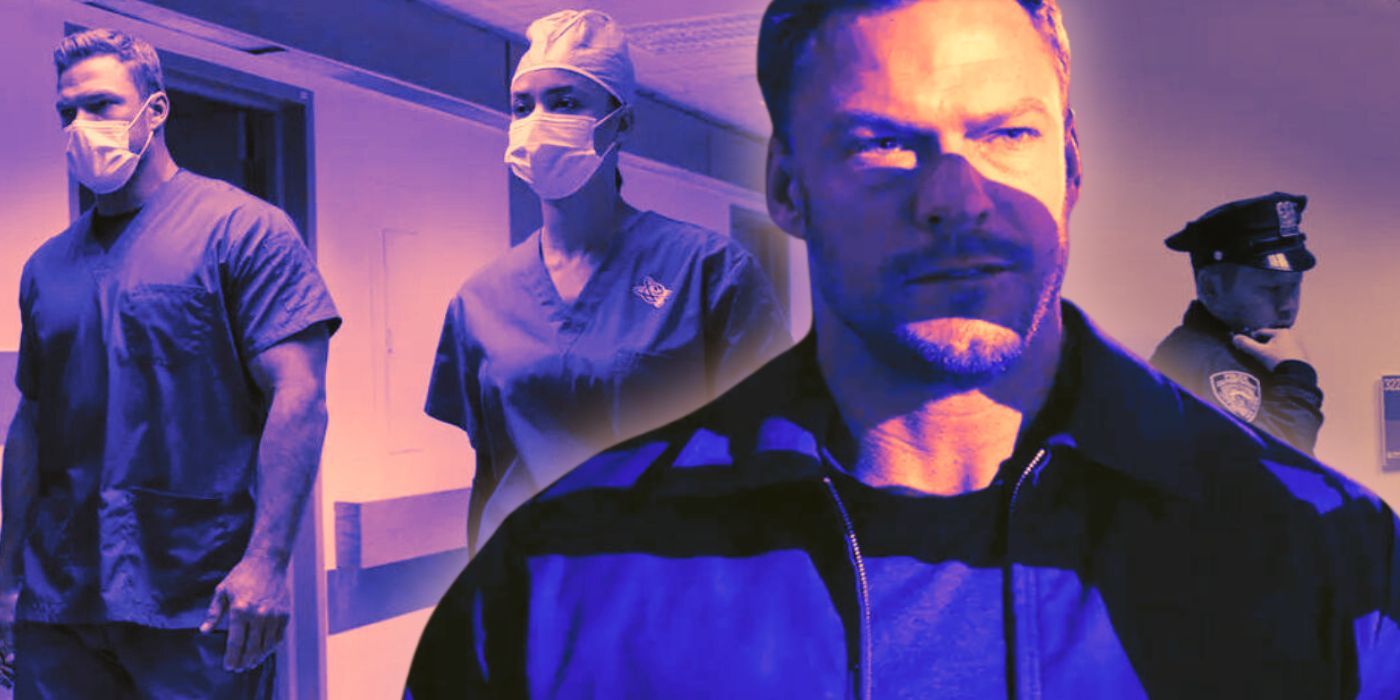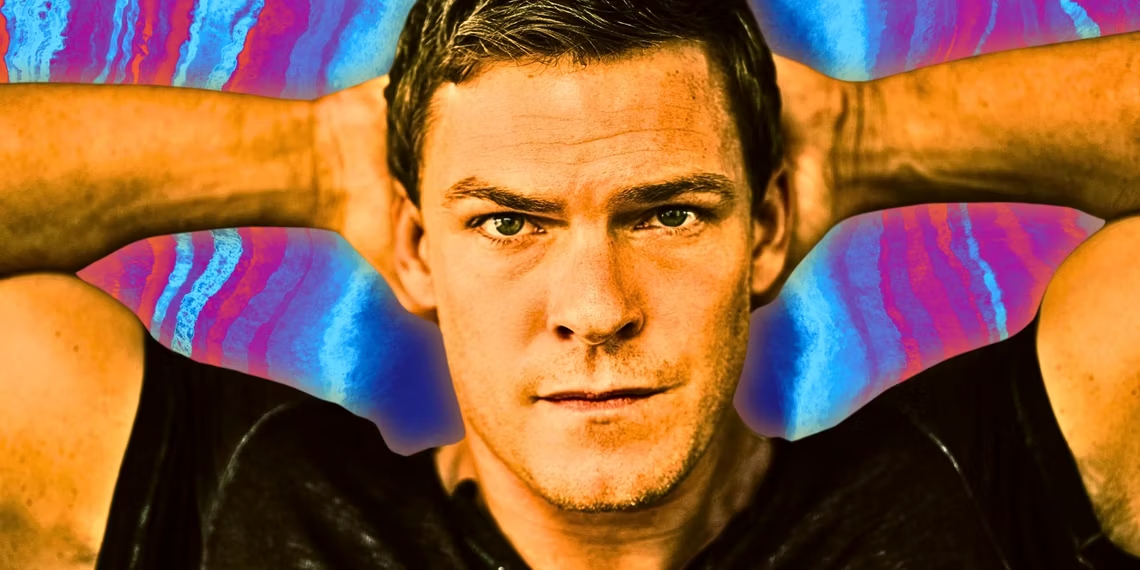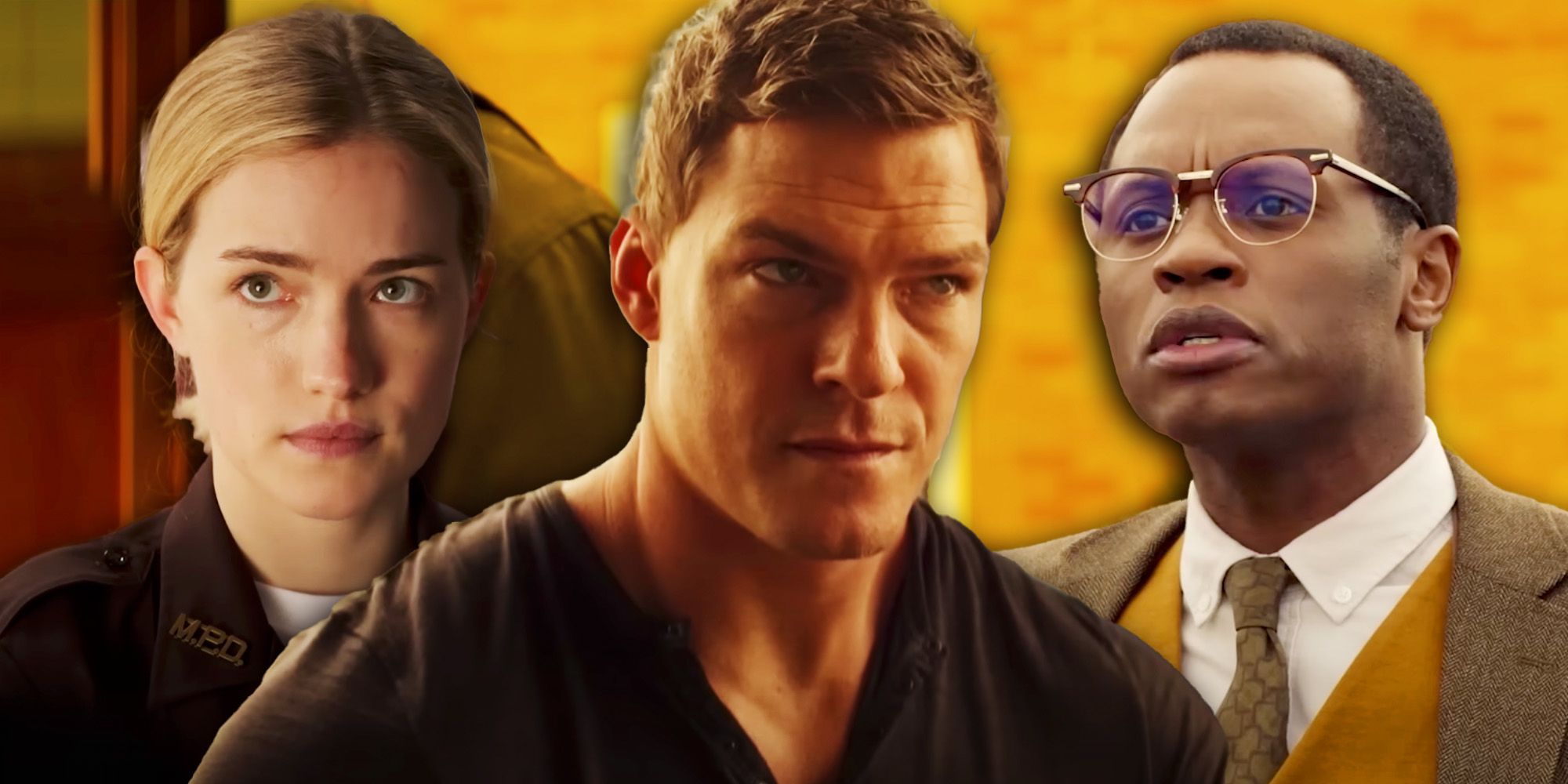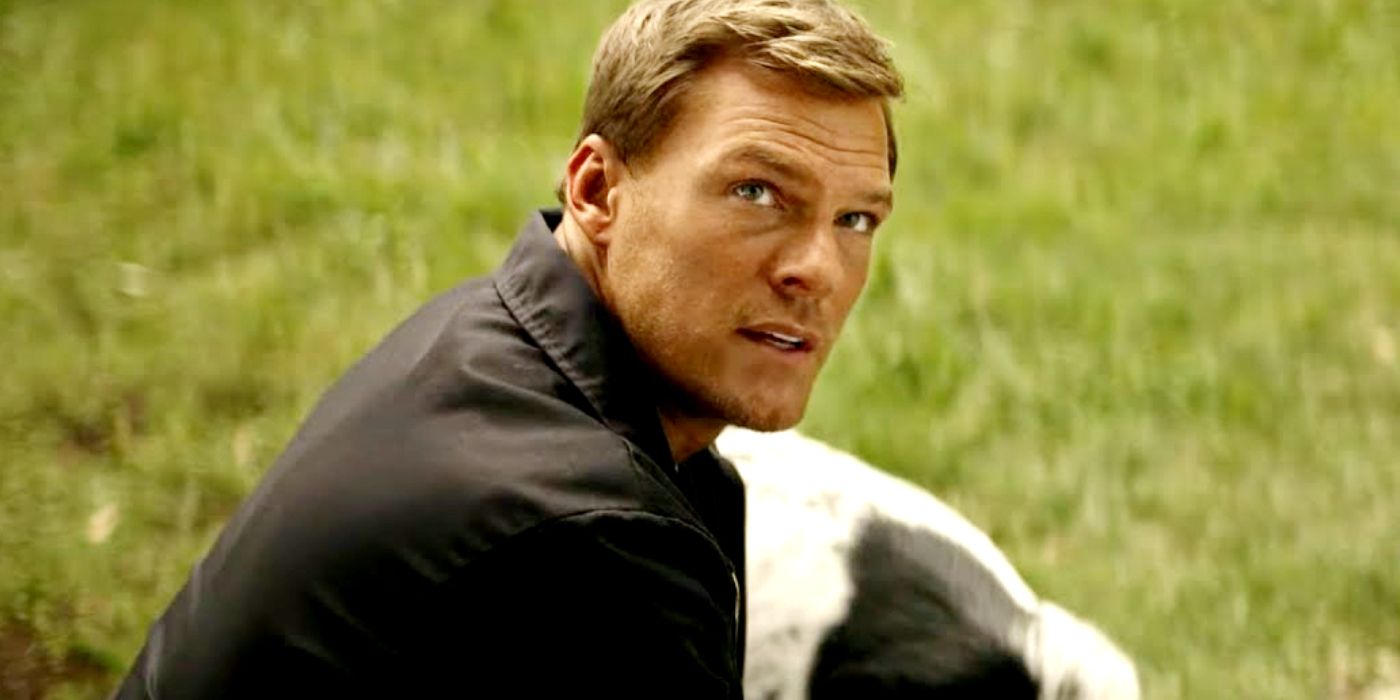
The Moral Ambiguity of Reacher Season 2: Heroes or Antiheroes?

A deep dive into the evolving character dynamics and moral complexities in Reacher season 2, exploring the shift from heroes to antiheroes.
The Evolution of Reacher's Heroes
With each new episode in Reacher's season 2, it is becoming increasingly challenging to like the show's main heroes. Before Reacher season 2 premiered on Amazon Prime Video, it was hard not to wonder how the show would find the right replacements for Roscoe and Finlay.
Serinda Swan as Karal Dixon, Alan Ritchson as Jack Reacher, Shaun Sipos as David O'Donnell, and Maria Sten as Francis Neagley in Reacher season 2
Since the two police detective characters seemed perfect for the show, there was cynicism surrounding whether their departure after season 1 would affect the overall quality of season 2. However, Reacher season 2's initial moments seemingly erased all suspicion by introducing Neagley, Dixon, and O'Donnell as the titular characters' new partners.
Alan Ritchson as Jack Reacher and Reacher Special Investigators photo
Although their dynamic with Reacher seemed significantly different from what he shared with Roscoe and Finlay, the show did an incredible job at developing them by revealing more about their personal lives and featuring their military backstory.
Alan Richtson as Jack Reacher against the 110th Special Investigators in Reacher season 2
Unfortunately, despite showing some potential in the show's early moments, Reacher season 2's main characters have become less admirable with every passing episode.
The 110th Special Investigations Unit photo in Reacher season 2
The Moral Dilemma: Heroes Turn Antiheroes
Reacher, Neagley, Dixon, and O'Donnelly have crossed way too many moral boundaries in season 2. Reacher season 1 had a few moments where the titular character stepped on the gray line that separated the show's heroes from the villains. However, in season 2, he seems to have completely crossed it.
Reacher (Alan Ritchson) and Neagley (Maria Sten) in scrubs while undercover at a hospital in Reacher season 2 episode 7
This is quite evident in the scene where Reacher and his team members from the 110th Special Investigations Unit tie up Chad in his garage and threaten to kill him despite knowing that he had nothing to do with the central conspiracy.
Jack Reacher (Alan Ritchson) looking angry with Reacher and Neagley (Maria Sten) in scrubs behind him from Reacher season 2
Towards the end of the same episode, they put Marlo and her innocent daughter's life in danger by using them as bait to confront Langston. If it wasn't for Russo, something terrible could have happened to Marlo's daughter.
21_reacher-1
Russo, too, died covering up for the actions of the 110th Special Investigations Unit and only got their respect on his deathbed. In Reacher season 2's episode 7, the titular character and his team seem even more gung-ho and ruthless when they break into the hospital and mercilessly kill him.
While it is understandable that they are seeking revenge for the murders of their former team members, they seem to have taken things a little too far to not be considered morally gray. What Langston did to their former team members cannot be forgiven, but there is a thin line that separates revenge from brutal murder.
The Need for Balancing Heroes and Antiheroes
The members of the 110th Special Investigations Unit have previously worked under Reacher's command, and their season 2 crime-solving endeavor is not their first high-stakes mission. As their military flashbacks reveal, they have previously dealt with several formidable antagonists, some of whom were likely even more powerful and indomitable than Langston.
This might explain why they have become desensitized and often resort to aggressive methods to solve crime. 110th's brutality proves that their dynamic might have benefited them in the military but is detrimental in the outside world. This proves that Reacher needs Roscoe and Finlay more than his former military teammates.
Reacher, who has always taken a no-holds-barred approach towards solving crime and serving justice to wrongdoers, was better off with teammates like Roscoe and Finlay because they balanced his ruthlessness with their compassion and by-the-book ways.
In season 2, the Alan Ritchson character seems to be surrounded by a bunch of brutal characters who are seemingly willing to do just about anything to find justice for their former team members.
Like Roscoe and Finlay, Russo was initially trying to keep their actions in check, but his demise has further pushed them off to the anti-hero territory.
Struggling with the Antihero Narrative
While there is nothing inherently wrong with anti-hero narratives, Amazon's Reacher will likely struggle to go down that road because it seems to lack the depth and nuance necessary for exploring morally gray characters.
Reacher's primary appeal not only comes from its action scenes and corny one-liners but also from its simplistic depiction of clear heroes and villains. With its season 2 narrative, however, Reacher seems to be drifting into the risky domain of moral ambiguity without setting up the right foundation for the narrative complexity that comes with it.
Amazon's Reacher could still somehow make it work, but the show would likely perform better if it sticks to the elements that made season 1 so incredibly entertaining.
